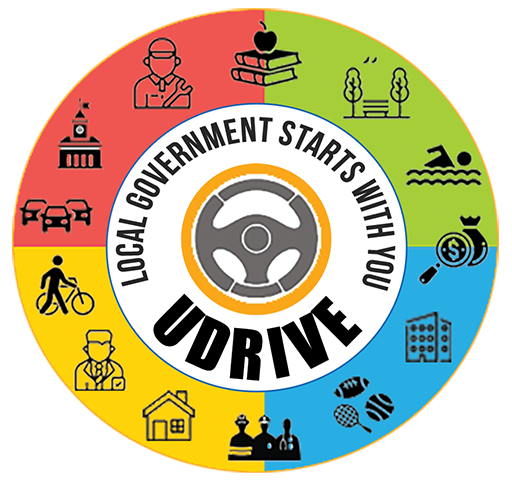According to the National League of Cities, budgets are political instruments that:
- Balance city policy priorities against available public resources.
- Specify the ways and means (spending plan) for public programs and services provided.
- Identify costs of programs and criteria by which programs will be evaluated for efficiency and effectiveness.
- Ensure programs are evaluated at least once each budget cycle and redistribute funding accordingly.
- Provide government with spending limitations.
- Provide transparency by which government is held accountable at the end of each budget cycle or political term.
The City of Norwalk’s budget is generally composed of two budgets, an operating budget, which shows expenditures for a particular fiscal year, and a capital budget, which shows the financial plans for longer-term capital improvements, like buildings, facilities, and equipment.
Norwalk also has third party agencies such as the Norwalk Redevelopment Agency, Norwalk Parking Authority, Oak Hills Park Authority, Norwalk Housing Authority and Water Pollution Control Authority, etc. which operate semi autonomously, with revenue and budgets of their own. However, the taxpayers of Norwalk regularly contribute to these agencies, usually buried in capital budget line items, with less than optimal transparency.
Below are Norwalk’s operating and capital budget trends.


